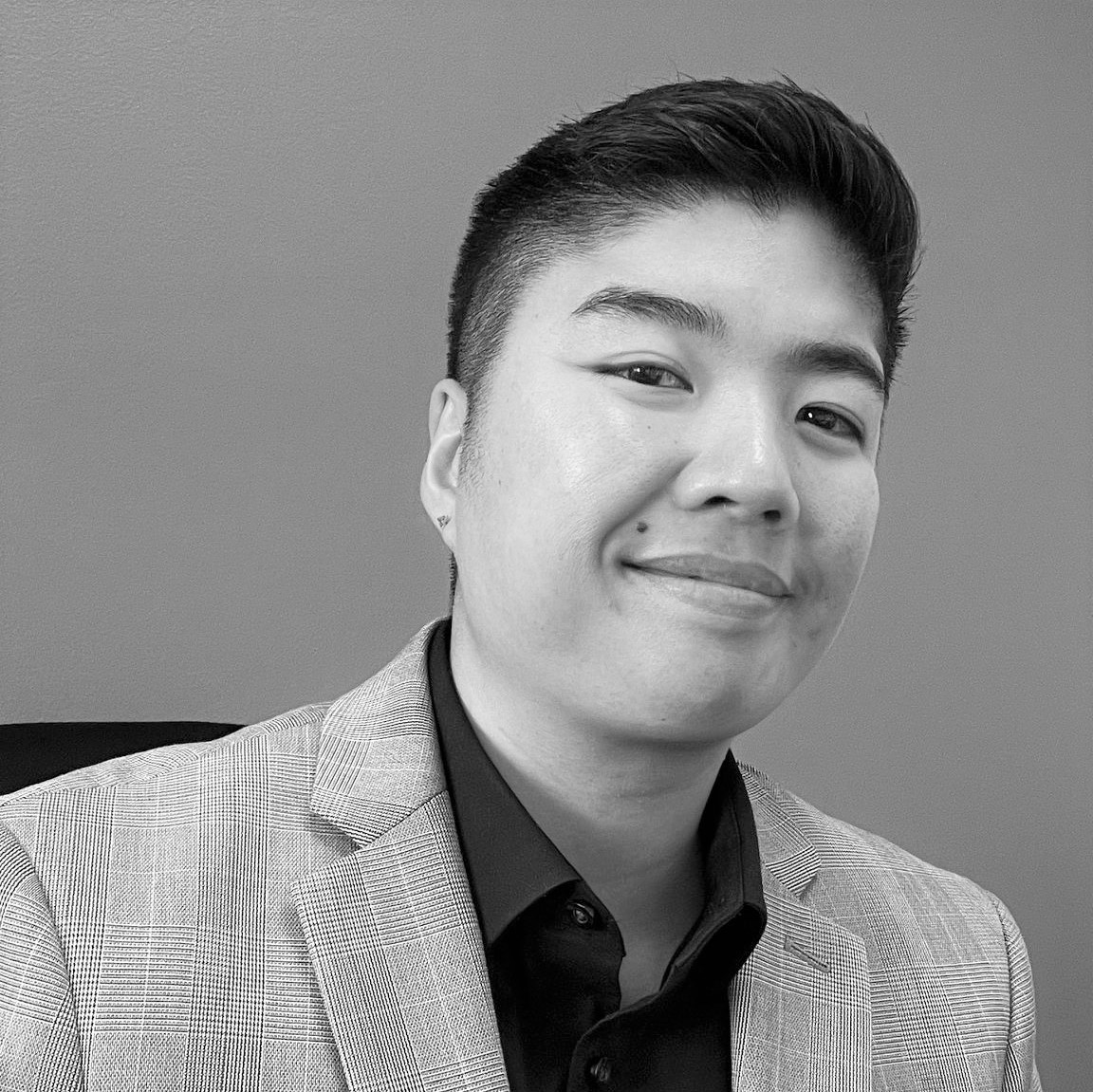.jpg)
Previous Post
eSports in Malaysia: What Awaits Competitive Gaming?
5 min read
WHEN LAN GAMING cybercafes first emerged in the early 2000s, they were all the rage. They provided a social and competitive environment for gamers to gather and...
Next Post
Virtual Teaching Must Remain Relevant Post-Covid
4 min read
Virtual or online learning has been around for quite a while. Unfortunately, it was never extensively tapped into until the pandemic hit and forced teachers and students to look for a different way to continue teaching and learning, as traditional methods were not possible anymore.
You might also like
Uniting Communities Through Sports and Traditions
2 min read
The organisation of groups of people with similar goals have long been a key aspect in human interaction and social functions – it is also what sports clubs are founded upon.
Negaraku: The Sonic Totem of the Nusantara (Part Two)
4 min read
THE ATMOSPHERE WAS abuzz as the resonant “Merdeka” call rang in the newly built Stadium Merdeka. It was 1957. Malaya, the newly independent nation, needed not o...
eSports in Malaysia: What Awaits Competitive Gaming?
5 min read
WHEN LAN GAMING cybercafes first emerged in the early 2000s, they were all the rage. They provided a social and competitive environment for gamers to gather and...




